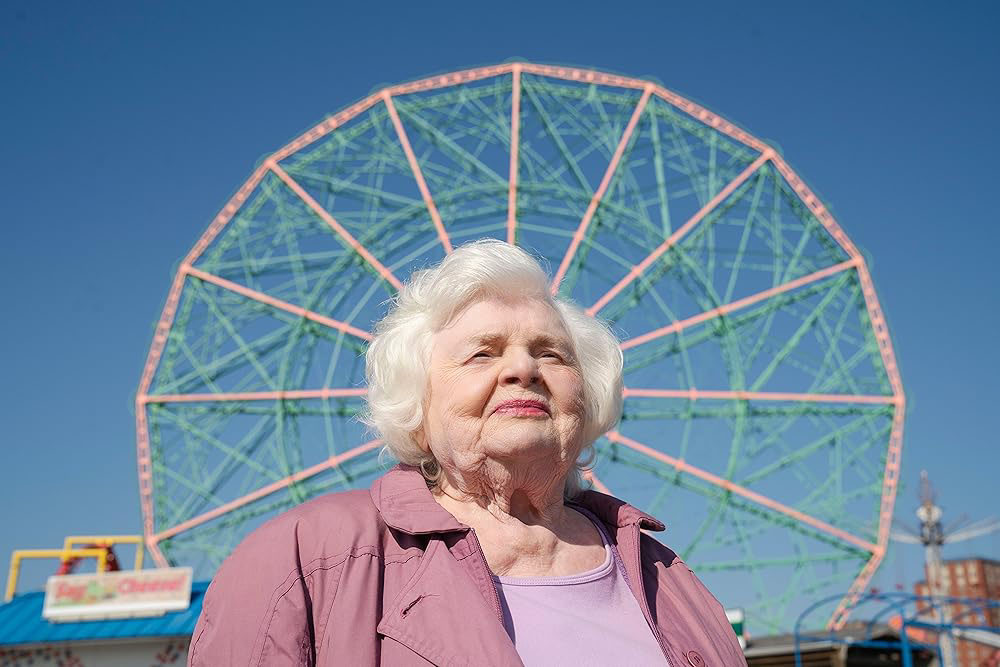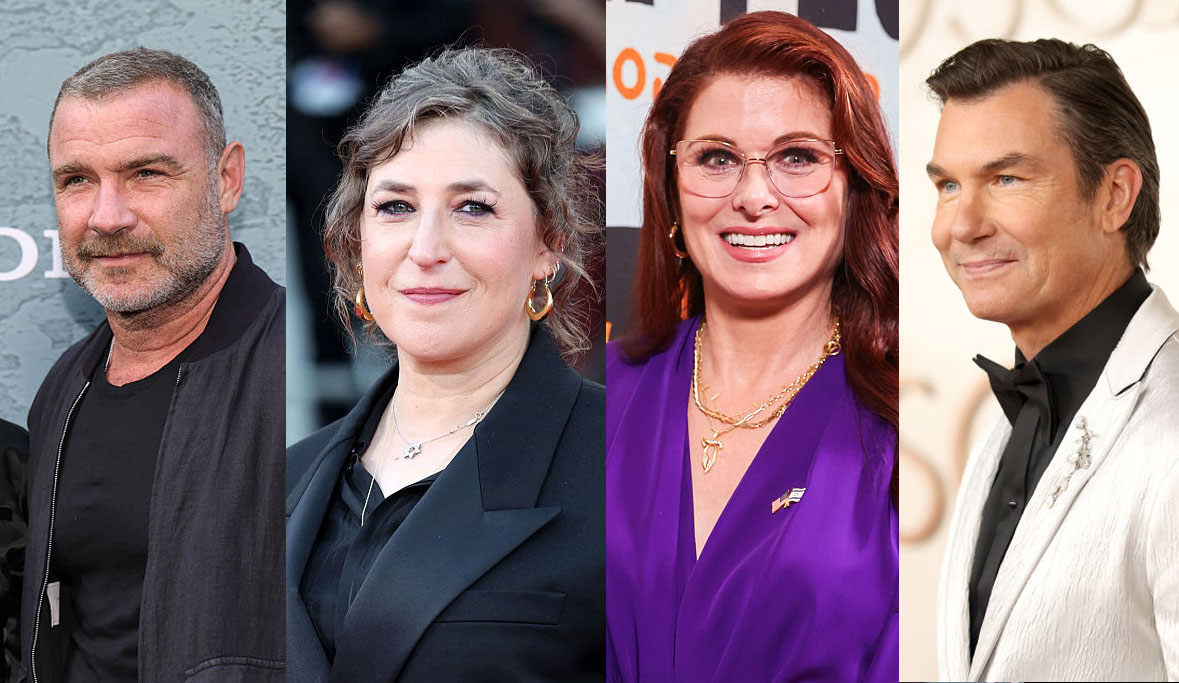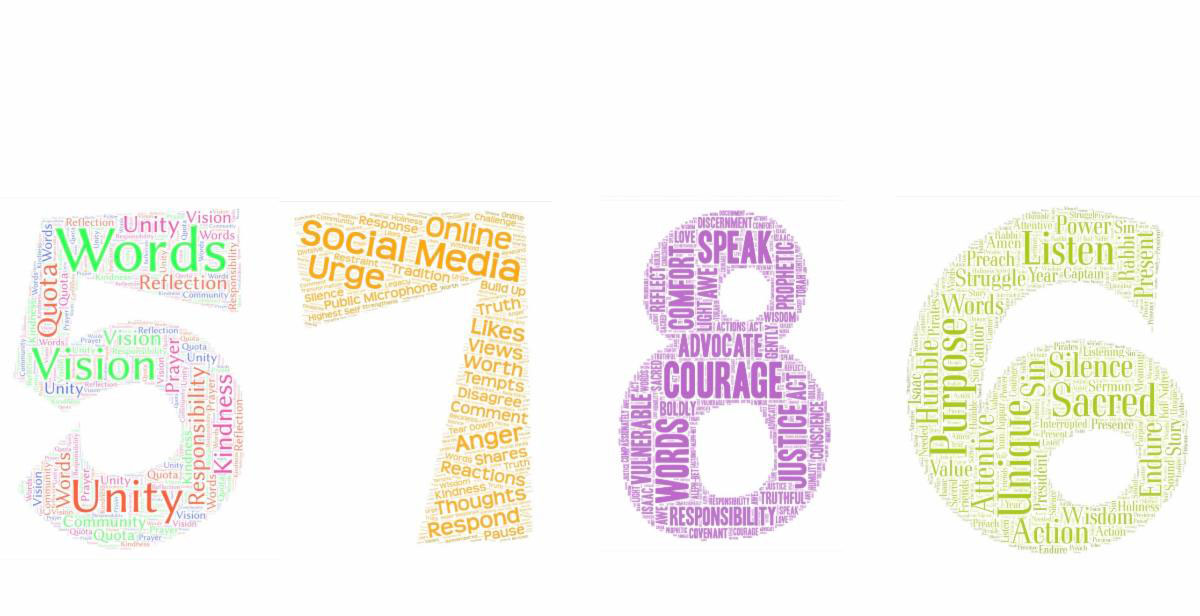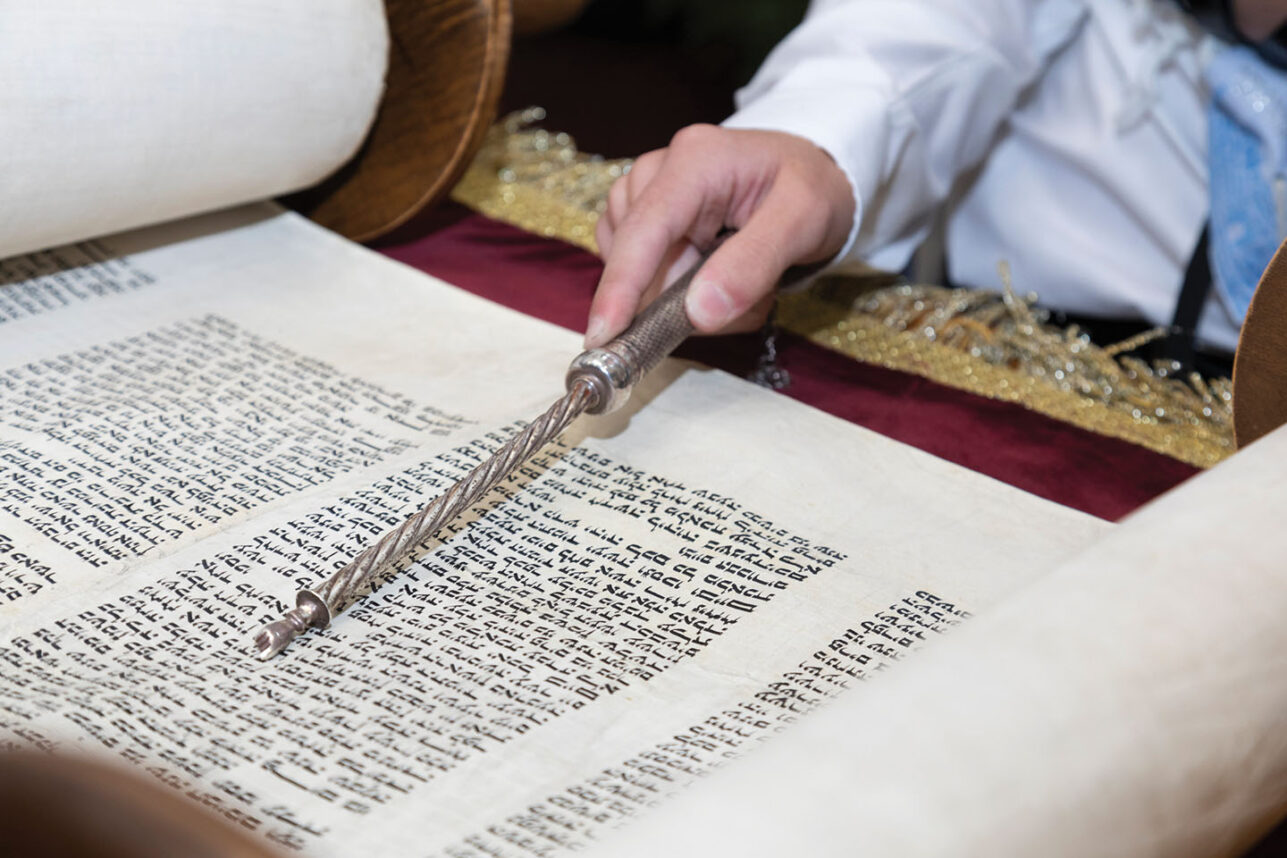
Rarely do I say that a mainstream movie has arrived just in time for the Jewish High Holidays, but Eleanor the Great fits the bill. The movie reprises the ancient story of deception at the heart of the Book of Genesis: a younger son, Jacob, at his mother’s urging, dons goatskins to impersonate Esau, his shaggy brother, and trick his blind father into giving him a blessing meant for the firstborn. Jacob’s deceit is a tale of profound moral ambiguity—a lie told to secure a legacy when telling the truth seems poised to ruin the future. The High Holiday confessional (vidui) has a special prayer (vidiui peh) to deal with precisely the sort of lie that Eleanor tells herself is justified. The movie is also the tale of a converted Jew who profoundly cares about her Judaism and a Jew by birth who is entirely unconnected.
In her well-done directorial debut, Scarlett Johansson takes a sharply written screenplay by Tory Kamen and reimagines this primal deception in a contemporary promised land: Manhattan. The result is a captivating and deeply human film, anchored by its nonagenarian star, June Squibb.
In a bravura title role, Squibb plays Eleanor Morgenstein, a spirited 94-year-old tummler who embraces the whole world as her stage. Following the devastating loss of her friend, Eleanor relocates from Florida to New York City to live with her daughter and grandson, hoping to reconnect. Instead, she finds herself adrift and invisible in the bustling city. Her life takes an unexpected turn when she wanders into a support group where she doesn’t belong and, in a moment of impulse, tells a story that is true but is not hers to tell. This decision brings her unintended attention, particularly from a young journalism student named Nina (Erin Kellyman) who seeks her out as a friend and mentor. What begins as a small deception spirals out of control, forcing Eleanor to confront the truth of her actions.
At 94, June Squibb delivers a performance that is nothing short of a revelation. Having already earned an Academy Award nomination for Nebraska, her turn here as Eleanor is a masterclass in complexity. She is at once cantankerous, rambunctious, witty, and ready to take on the world with a positive spirit. Squibb navigates Eleanor’s contradictory nature with skill, capturing her fear of irrelevancy and her passion for life. Her layered portrayal of a woman grappling with grief, identity, and a profound mistake is so powerful it should place her in the Oscar conversation—a monumental achievement for an actress of her generation. If I turn out to be right in my intuition, she would be the oldest nominee in any category ever, a testament to her late start in on-screen acting.
For a first-time feature director, Scarlett Johansson displays an assured hand. Most risks in the movie pay off, though a few don’t quite hit the mark. Having grown up in Manhattan, Johansson clearly loves the city she is portraying. But while the “love letter to New York” aspect might work for non-New Yorkers, it will land differently for veteran Gothamites. The walks Eleanor takes, while in pain and using a cane, show her traversing improbable distances from midtown to the Gracie Mansion Promenade to a West Side Synagogue. For any New Yorker, these travels are a bit vertiginous to watch. By contrast, the larger risk Johansson takes—her refusal to judge Eleanor—works beautifully, leaving the audience to decide if the dissembling merits forgiveness.
I was happy to learn that Johansson cast multiple non-actor Holocaust survivors to portray the members of the Jewish Community Center support group. This choice makes the film’s central deception all the more poignant, as it unfolds in the presence of real survivors.
The film has a superb multi-generational ensemble. and the unlikely friendship between Eleanor and Nina, the 19-year-old student played with effervescent charm by Erin Kellyman has believable chemistry. We are rooting for them to be BFF’s while knowing that the deception could wreck their relationship at any moment. I liked that their friendship transcends traditional generational gaps as they discover they are both healing from loss and help each other. . Chiwetel Ejiofor delivers a slightly underacted performance as Nina’s father, Roger, a charismatic news anchor who has become emotionally shut down after his wife’s death. His journey toward reconnecting with his daughter is positioned as one of the film’s most main arcs, as Eleanor’s chaotic presence inadvertently becomes a bridge between them.This arc doesn’t quite convince, even if the audience wants it to. On the other hand, Jessica Hecht shines as Eleanor’s daughter, terrified of living with her mother but occasionally amused by her antics.
Eleanor the Great is a funny, emotional, and thought-provoking story about the tales we tell and why we tell them. Like Jacob seeking Isaac’s blessing, Eleanor’s transgression emerges from a desperate human desire—to matter, to connect, and to ensure a remarkable story is not lost to the world. With a tour-de-force performance from June Squibb and sensitive, intelligent direction from Scarlett Johansson, the film asks us to consider that even if a story isn’t one’s own, perhaps the story should be told and, its impact can be profoundly real.
Scott A. Shay is the author of In Good Faith: Questioning Religion and Atheism (Post Hill Press, 2017) and Conspiracy U: A Case Study (Wicked Son, 2021).
































